
Researchers indicated the importance in improving access to and uptake of CRC screening in these underserved populations.

Your AI-Trained Oncology Knowledge Connection!


Researchers indicated the importance in improving access to and uptake of CRC screening in these underserved populations.

Although researchers determined which regimen was preferred among physicians in treating metastatic colorectal cancer, they found that shared decision-making should include observation as an acceptable option.

Researchers assessed whether ctDNA could accurately differentiate metastases during the neoadjuvant period after surgery to guide therapy adaptation.
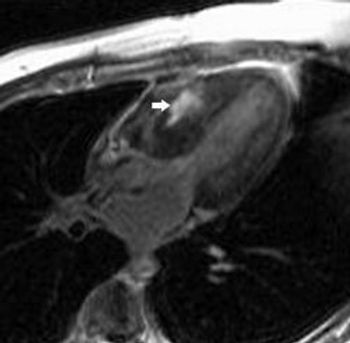
A 39-year-old Hispanic male presented with complaints of mucous stools, loss of appetite, rectal bleeding and a 30-pound weight loss within the past several months.

The FDA approved avapritinib for the treatment of adult patients with unresectable or metastatic gastrointestinal stromal tumor harboring a PDGFRA exon 18 mutation, including PDGFRA D842V mutations.

Though physical activity guidelines are largely based on chronic diseases like cardiovascular disease and diabetes, these data suggest they are important to cancer prevention as well.

These results could present an opportunity to broaden inclusion criteria on clinical trials and intensify chemoradiotherapy treatments.

The FDA approved olaparib for the maintenance treatment of adult patients with germline BRCA-mutated metastatic pancreatic adenocarcinoma.

The use of aspirin 3 or more times a week was associated with a reduction in all-cause, cancer, gastrointestinal cancer, and colorectal cancer mortality in adults 65 and over, according to a study published in JAMA Network Open.

A retrospective study found that 40% of all patients with metastatic colon cancer are not tested according to guideline recommendations for biomarker testing.
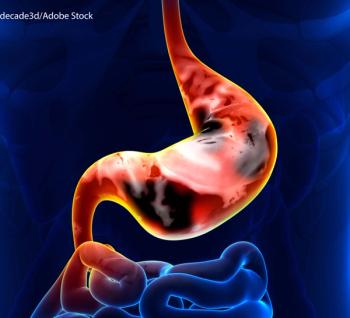
Successfully eliminating Helicobacter pylori from a patient’s gastrointestinal tract could lead to a significant decrease in gastric cancer risk.

Screening colonoscopy rates for colorectal cancer increased in low-income Latino populations when accompanied by patient navigation.

The FDA has granted a priority review to a new drug application for pemigatinib as a treatment for patients with previously treated, locally advanced or metastatic cholangiocarcinoma with FGFR2 fusions or rearrangements.

Predictive models demonstrated the ability to anticipate adverse opioid-related outcomes among cancer survivors.

A quality improvement study indicated that nudges in the electronic health record were associated with a significant increase in clinician ordering of screening tests for breast and colorectal cancer.

A postsurgical circulating tumor DNA analysis after surgery and adjuvant chemotherapy may identify patients with stage III colorectal cancer at high risk of recurrence.
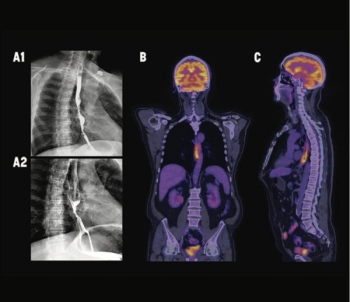
A rare occurrence, cancer in the esophagus requires an individualized treatment plan.

A multi-institutional pilot feasibility study looks at pencil beam scanning proton beam chemoradiation therapy with 5-fluorouracil and mitomycin-C for definitive treatment of carcinoma of the anal canal.

A new study found artificial intelligence-based diagnostics could help with better diagnoses for upper gastrointestinal cancers.

Laparoscopy-assisted distal gastrectomy offered better short-term, post-surgical outcomes for patients with locally advanced gastric cancer who were undergoing neoadjuvant chemotherapy.
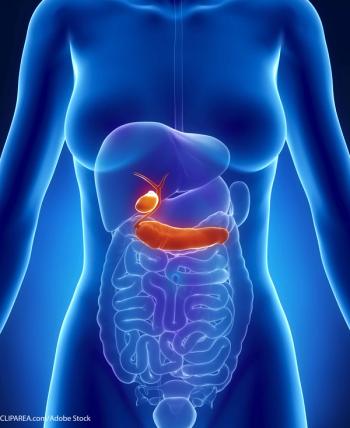
Clinicians discuss appropriate evaluation and choice of management strategies for cholangiocarcinoma.

An imaging-based biomarker may offer a way to personalize treatment for pancreatic ductal adenocarcinoma.
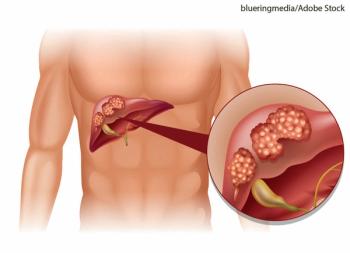
Previous laboratory research along with phase I and II trials suggested the combination of doxorubicin and sorafenib could offer improved outcomes in advanced hepatocellular cancer.

The U.S. Preventive Services Task Force released a new review of the benefits and harms of imaging-based screening for pancreatic cancer.

A combination of durvalumab and tremelimumab was tested on patients with metastatic pancreatic ductal adenocarcinoma.